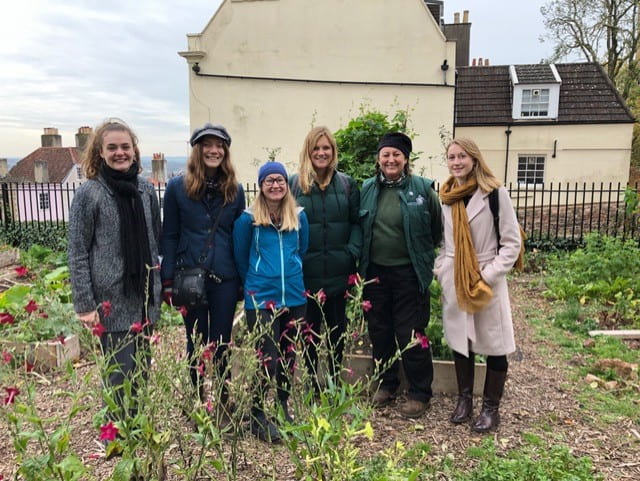Rosie recently won the University of Bristol’s 3 Minute Thesis (3MT) competition for her talk on ‘Fungal secondary metabolites: exploring a kingdom of possibilities. Rosie tells us about her experience and some top tips about presenting your research in a virtual world.
3MT® (or Three Minute Thesis) is a competition for doctoral students, originating from the University of Queensland, which stipulates that competitors must present their research in just 3 minutes – any longer and they are immediately disqualified. Normally, the competition is held in person, in front of an audience, but due to COVID-19, in the past two years, the competitions have been moved online, presenting a new challenge – how do you engage an audience who can walk away from their screen at any time?
(or Three Minute Thesis) is a competition for doctoral students, originating from the University of Queensland, which stipulates that competitors must present their research in just 3 minutes – any longer and they are immediately disqualified. Normally, the competition is held in person, in front of an audience, but due to COVID-19, in the past two years, the competitions have been moved online, presenting a new challenge – how do you engage an audience who can walk away from their screen at any time?
I decided to take part in Bristol Doctoral College’s 2021 3MT competition for several reasons. The first, to improve my presenting skills, especially in a virtual world I wanted to teach myself how to adapt to this. Secondly, I hadn’t set foot in the lab since December 2020, and I was just about to head back to research after a PIPS placement when I submitted my 3MT application – I needed to refamiliarize myself with my research and what made it so exciting (how better to do this than explaining your project and arguing why it is important in a concise way). Lastly, I’d heard great things from colleagues who had taken part in the Bristol Doctoral College 3MT in the past so why not give it a go myself?
The whole experience was hugely rewarding, and the support is given by the Bristol Doctoral College and the other candidates was key in my success. There were never any feelings of intense competition but rather mutual support and a desire to communicate research in an accessible manner. Potentially winning the competition was simply a bonus to all the skills you picked up along the way. So here are the key things I learnt:
1. Eye contact is crucial – we know that this is true for in-person presentations, you can’t stare at the floor the whole time, but how do you convey this when you’re using a computer or laptop? Look straight into the camera. The temptation is always to look at your audience to see how they are responding to you, as you would normally, but if you are looking at your screen you don’t seem as prepared. Perhaps the easiest way to teach yourself to make eye contact with a virtual audience is to record yourself and watch it back. This also helps you to see what your body language is like and if it adds to or distracts from your talk. Not only this but looking at the camera does actually help with nerves since you can ignore anything else going on in that video call and just focus on presenting.
2. Check your presentation is appropriate for your audience by practising it in front of people in your target group. This could be friends, family, or colleagues, and they don’t have to listen to the whole thing, even just 1 slide or the first 30 seconds would be useful. If you’ve lost them already, you need to rethink things. Even though I was lucky enough to be the winner of this year’s competition, I’m definitely guilty of this too. In my first version of my 3MT talk, the first word I said was “peptide”. Admittedly this was key to my presentation but perhaps not the most exciting way to start off, especially if your audience doesn’t know what a peptide is – something my fellow 3MT competitors pointed out to me. On that note, if you have to include something technical or complex in a presentation to a lay audience, give yourself plenty of time to explain it and metaphors can really help with this – but make sure you use something most people will know (i.e., you shouldn’t need to explain your metaphor too).
I’m looking forward to going onto the next stages of the competition, seeing what other doctoral students across the UK are up to, and picking up some useful skills as I go along.
Rosie Ford, SWBio DTP student





